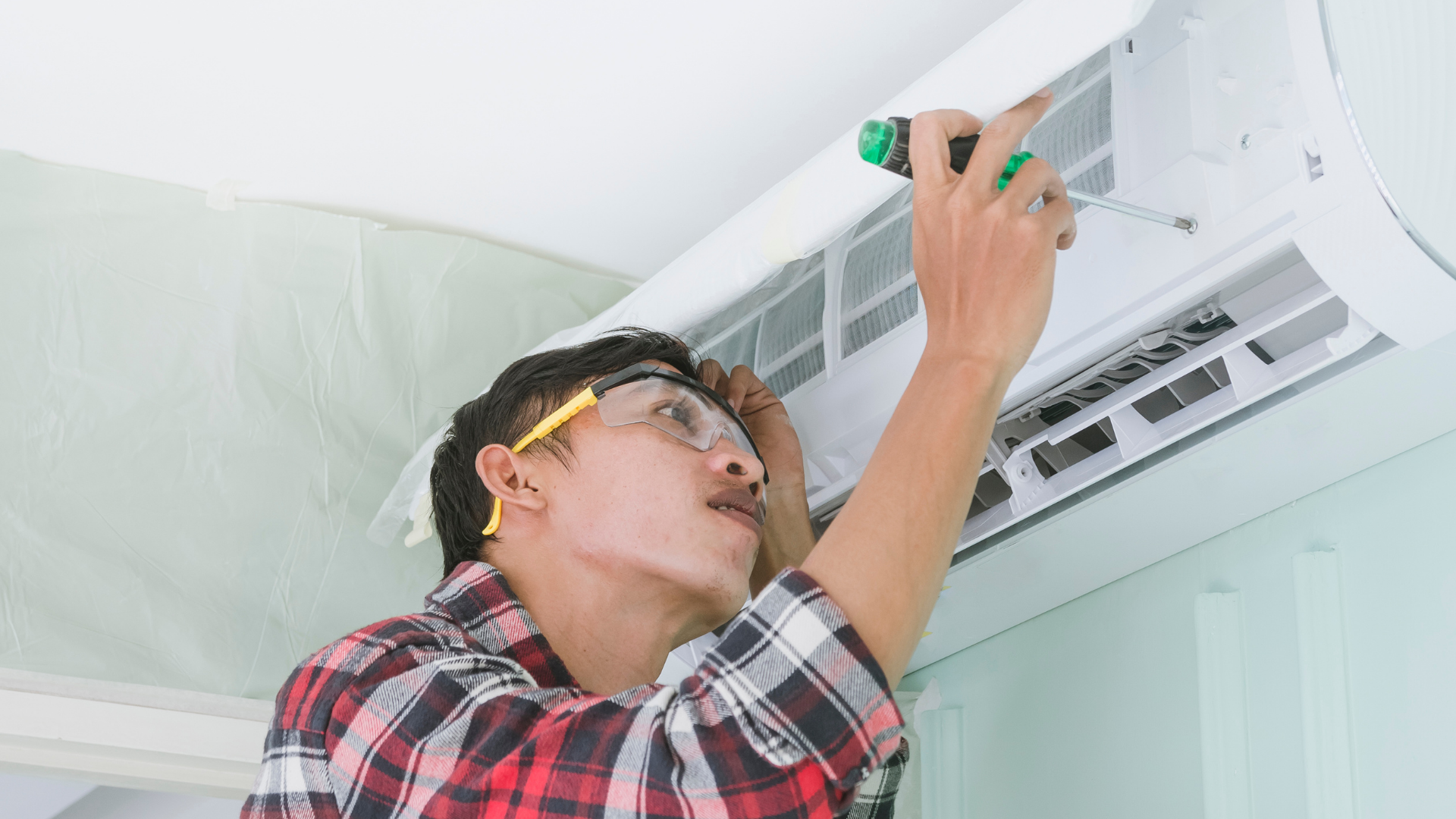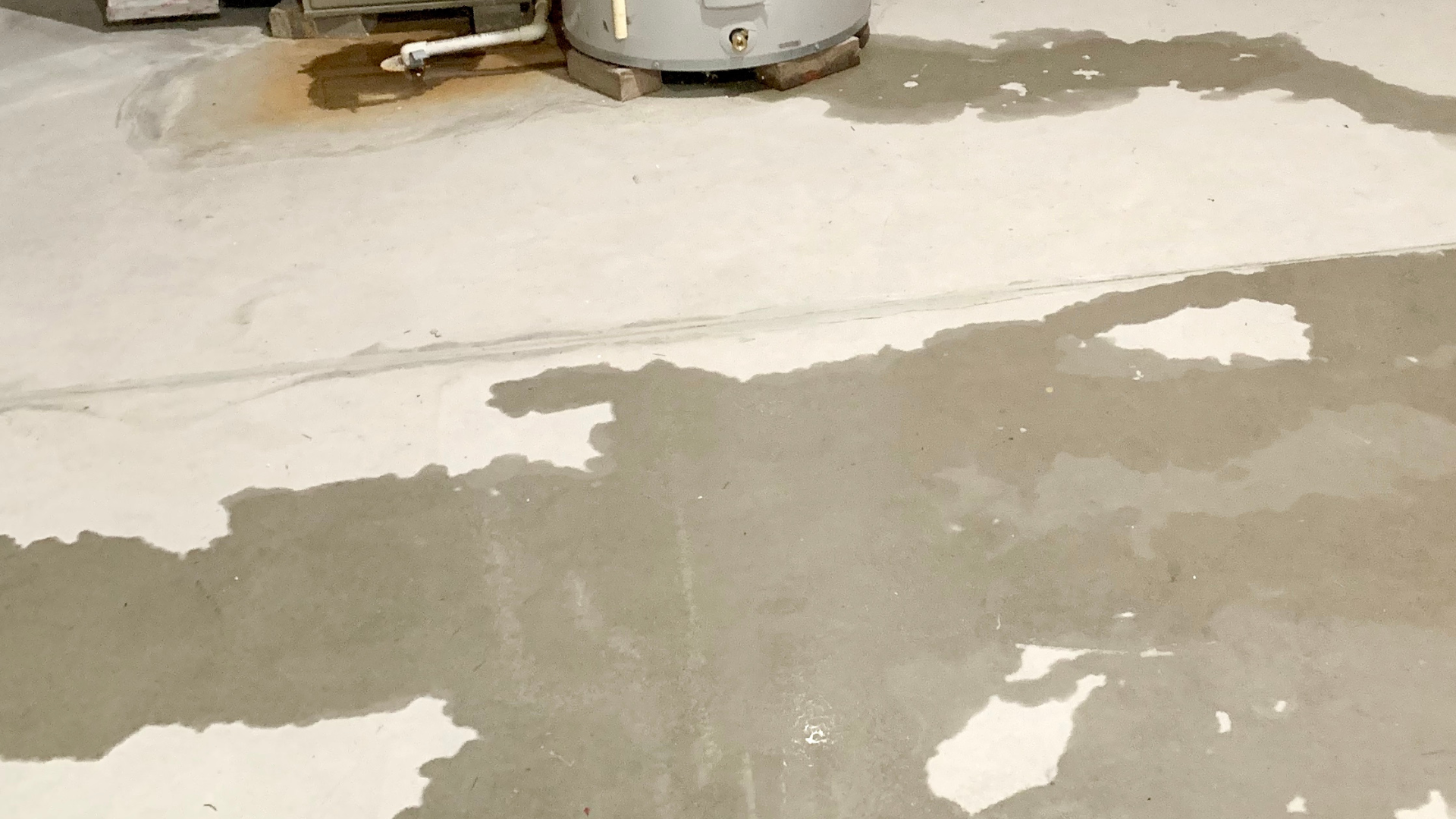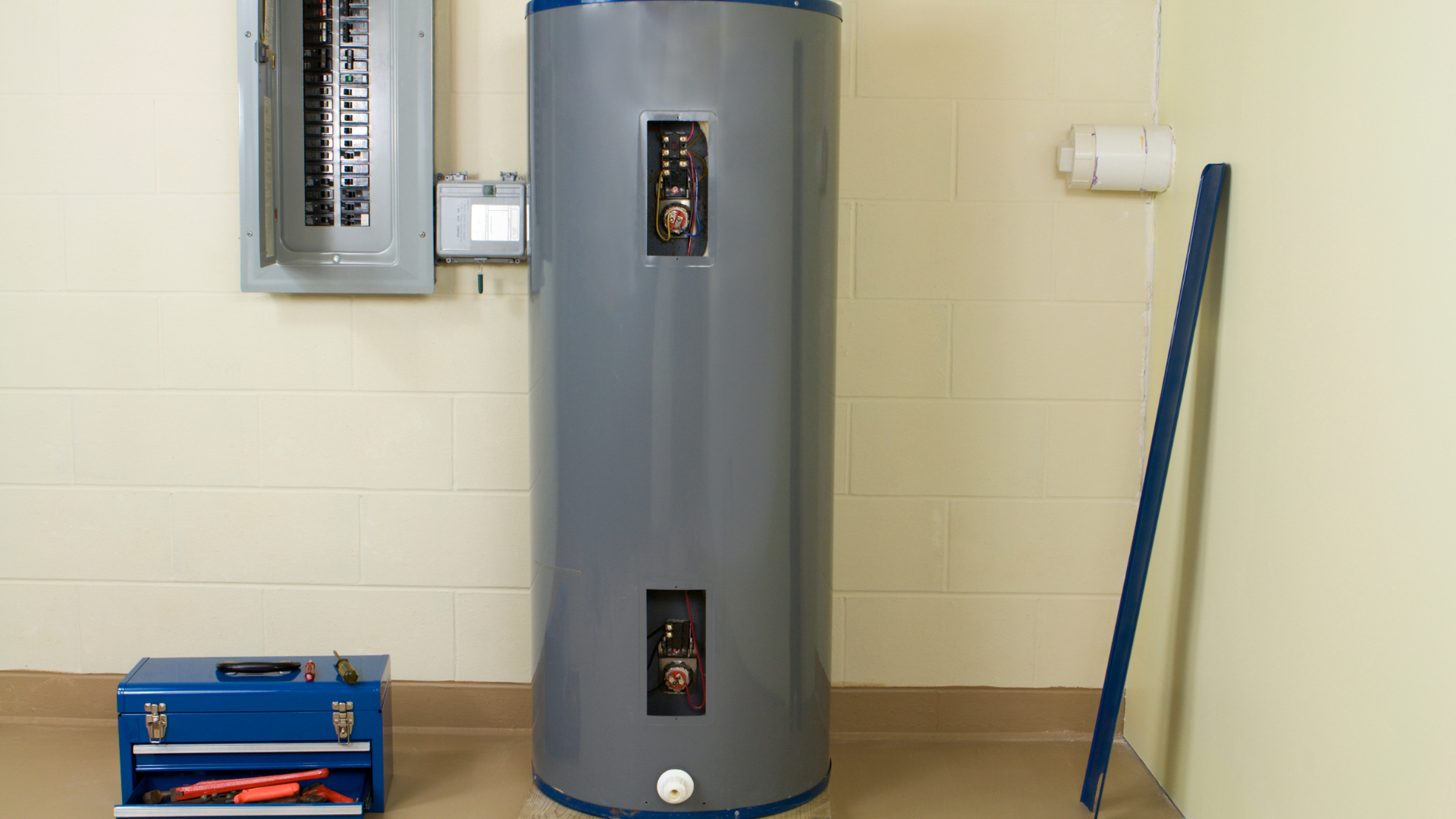Are HVAC Maintenance Plans Worth the Investment?
A Homeowner's Guide
Your home's heating and cooling system is a significant investment, one that works tirelessly year-round to keep your indoor environment comfortable. Just like your car, your HVAC system needs regular attention to perform optimally and last for years to come. This is where HVAC maintenance plans enter the picture. Are they truly worth the money, or are you better off paying for services as needed? Let's break down the pros and cons to help you decide.
The Undeniable Importance of HVAC Maintenance
First and foremost, let's establish why maintenance is crucial. Neglecting your heating and cooling system can lead to a host of problems:
- Decreased Efficiency and Higher Bills: A dirty, uncalibrated system has to work harder to maintain your desired temperature, consuming more energy and driving up your utility bills.
- Increased Risk of Breakdowns: Small issues, if left unaddressed, can escalate into major, costly repairs. Imagine your AC failing on the hottest day of summer or your furnace going out in the dead of winter – not ideal!
- Reduced System Lifespan: Regular maintenance extends the life of your equipment, delaying the need for an expensive full system replacement.
- Compromised Indoor Air Quality: Dirty filters and uncleaned components can circulate dust, allergens, and other pollutants throughout your home.
- Warranty Compliance: Many manufacturers require proof of annual professional maintenance to keep your system's warranty valid.
The Pros of HVAC Maintenance Plans
Maintenance plans, often referred to as service agreements or protection plans, aim to simplify and streamline this essential upkeep. Here's what they typically offer:
- Scheduled Tune-Ups: Most plans include one or two preventative maintenance visits per year (typically one for heating and one for cooling), ensuring your system is checked, cleaned, and adjusted before peak seasons.
- Priority Service: When your system inevitably has an issue, plan members often receive priority scheduling, meaning faster response times during busy periods. This can be a lifesaver during extreme weather.
- Discounts on Repairs and Parts: Many plans offer a percentage off parts and labor for any repairs needed throughout the year. These savings can quickly add up if an unexpected breakdown occurs.
- Peace of Mind: Knowing your system is regularly inspected and that you have a trusted professional to call in an emergency can provide significant comfort and reduce stress.
- Cost-Effectiveness (When Utilized): Here's a key point: some companies intentionally price their plans to be more cost-effective if the homeowner utilizes all of the benefits of the plan. This means if you take advantage of both tune-ups and any included discounts on repairs, you might save more than if you paid for each service individually.
The Cons of HVAC Maintenance Plans
While the benefits are clear, maintenance plans aren't without their potential drawbacks:
- Upfront Cost or Recurring Payments: You're paying for a service whether you need extensive repairs or not. While many plans offer convenient monthly payment options, making them easier to swallow financially, it's still an ongoing expense.
- Coverage Limitations: Not all plans are created equal. Some may exclude major components like compressors or heat exchangers from repair discounts or have limitations on the number of service calls. Always read the fine print.
- Potential for Unnecessary Repairs: This is where awareness is key. Some companies use very low-cost tune-ups as a promotional tool. While a legitimate tune-up is beneficial, these deeply discounted offers can sometimes be a tactic to get a technician into your home to "find something wrong" with your system and upsell you on expensive, potentially unnecessary repairs or replacements. Be wary of aggressive sales tactics after a "cheap" tune-up.
- Duplication of Coverage: If you have a comprehensive home warranty, some HVAC repairs might already be covered, making a separate maintenance plan redundant in certain aspects.
Is a Maintenance Plan Worth It for YOU?
The decision ultimately depends on your individual circumstances and preferences:
- Age of Your System: If you have an older HVAC system, a maintenance plan can be a valuable investment, as older units are more prone to breakdowns and can benefit greatly from regular tune-ups. For brand-new systems, the manufacturer's warranty might cover most issues for the first few years, making a full plan less immediately necessary, though annual maintenance is still recommended for warranty compliance.
- Your DIY Comfort Level: If you're diligent about changing filters, cleaning around your outdoor unit, and keeping an eye on your system's performance, you might be able to handle some basic upkeep yourself. However, professional inspections go far beyond simple tasks.
- Peace of Mind vs. Risk Tolerance: If the thought of unexpected breakdowns and costly repairs causes you stress, a maintenance plan offers a strong sense of security. If you're comfortable with the potential for higher individual service costs in exchange for no recurring plan fees, then paying per service might be your preference.
The Bottom Line
Regular maintenance for your heating and cooling equipment is not an option; it's a necessity for efficiency, longevity, and reliable comfort. Whether you choose a formal maintenance plan or opt to schedule individual tune-ups annually, prioritize this essential care. If you're considering a plan, carefully compare what's included, read reviews of the company, and understand that while a low-cost tune-up can be a good introduction, always get a second opinion if a technician immediately recommends extensive and expensive repairs after an initial visit. For many homeowners, especially those who value convenience, priority service, and the potential for long-term savings through consistent system care, a well-chosen HVAC maintenance plan, especially one with manageable monthly payments, can indeed be a worthwhile investment.
Click Another Article to Read More











